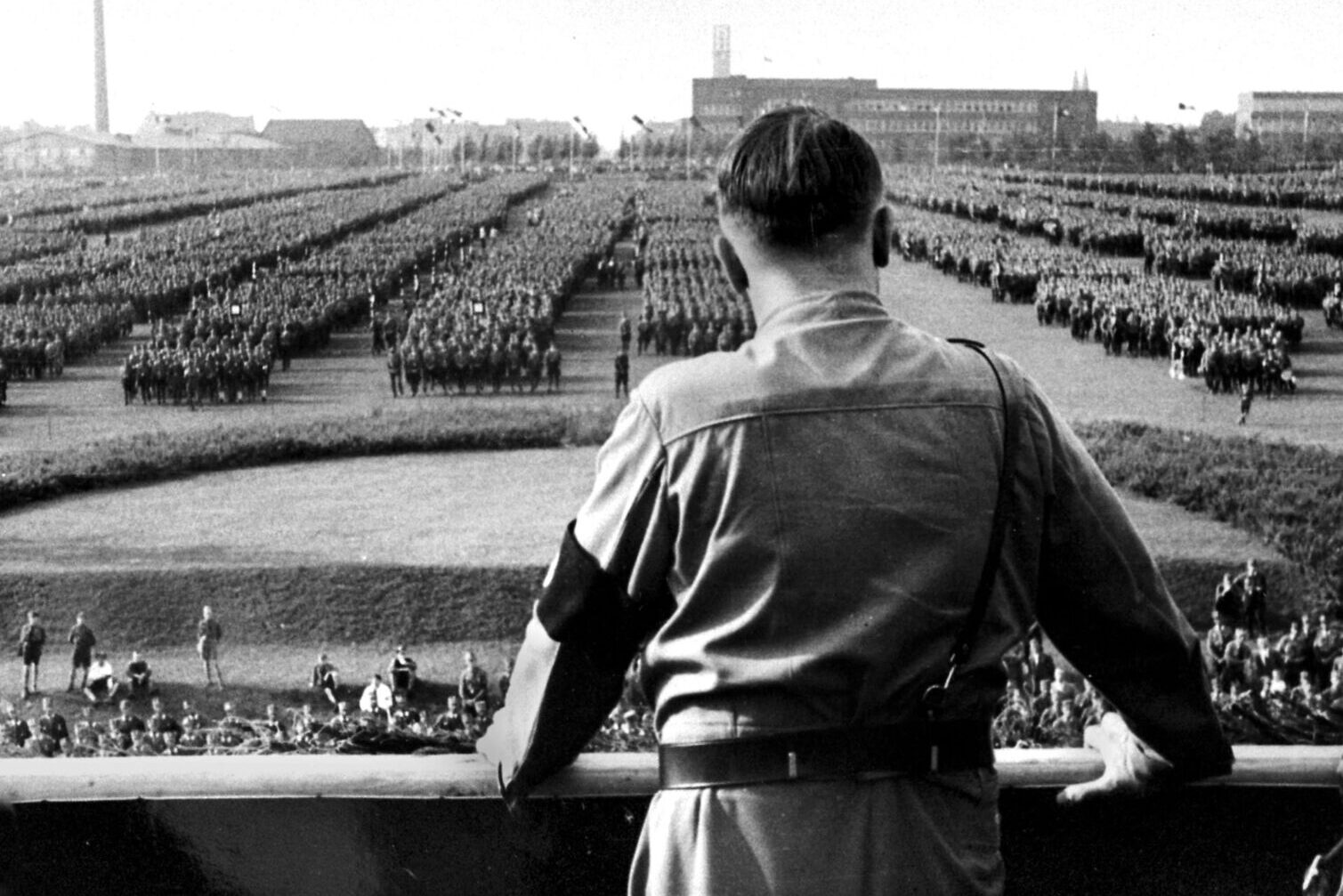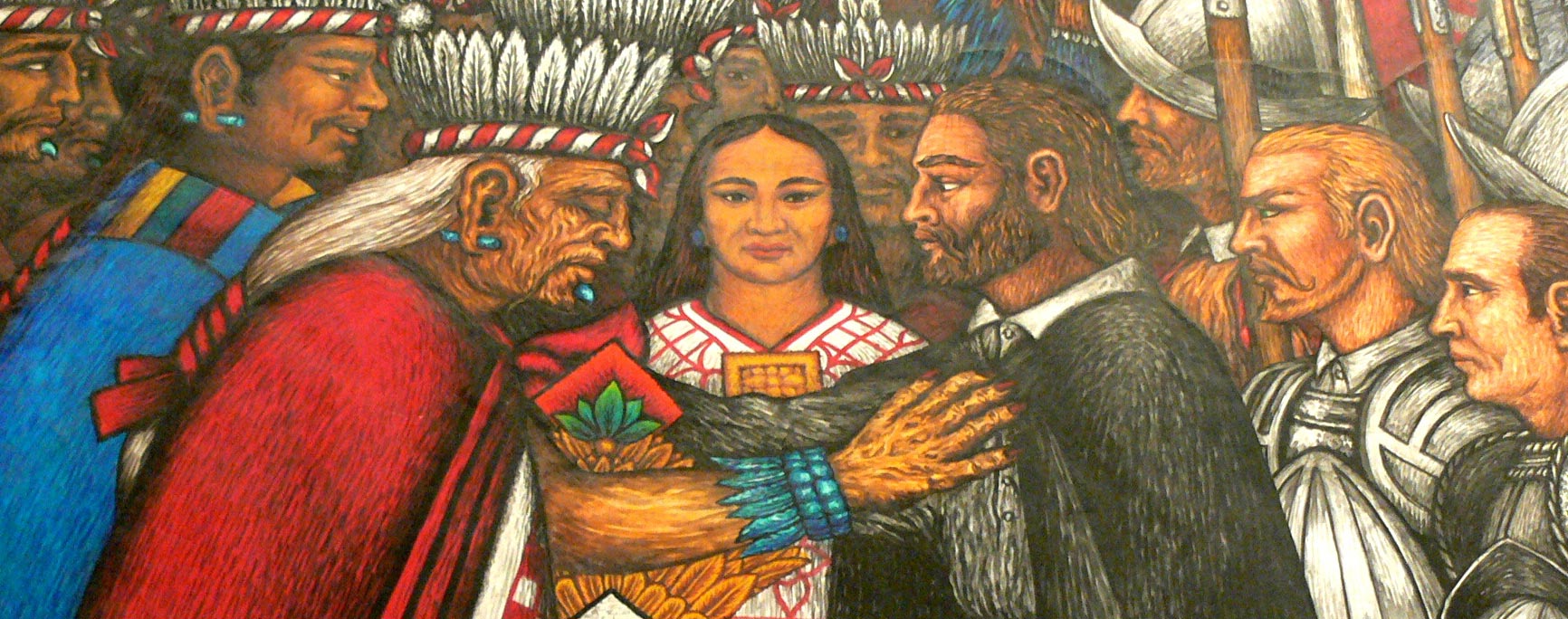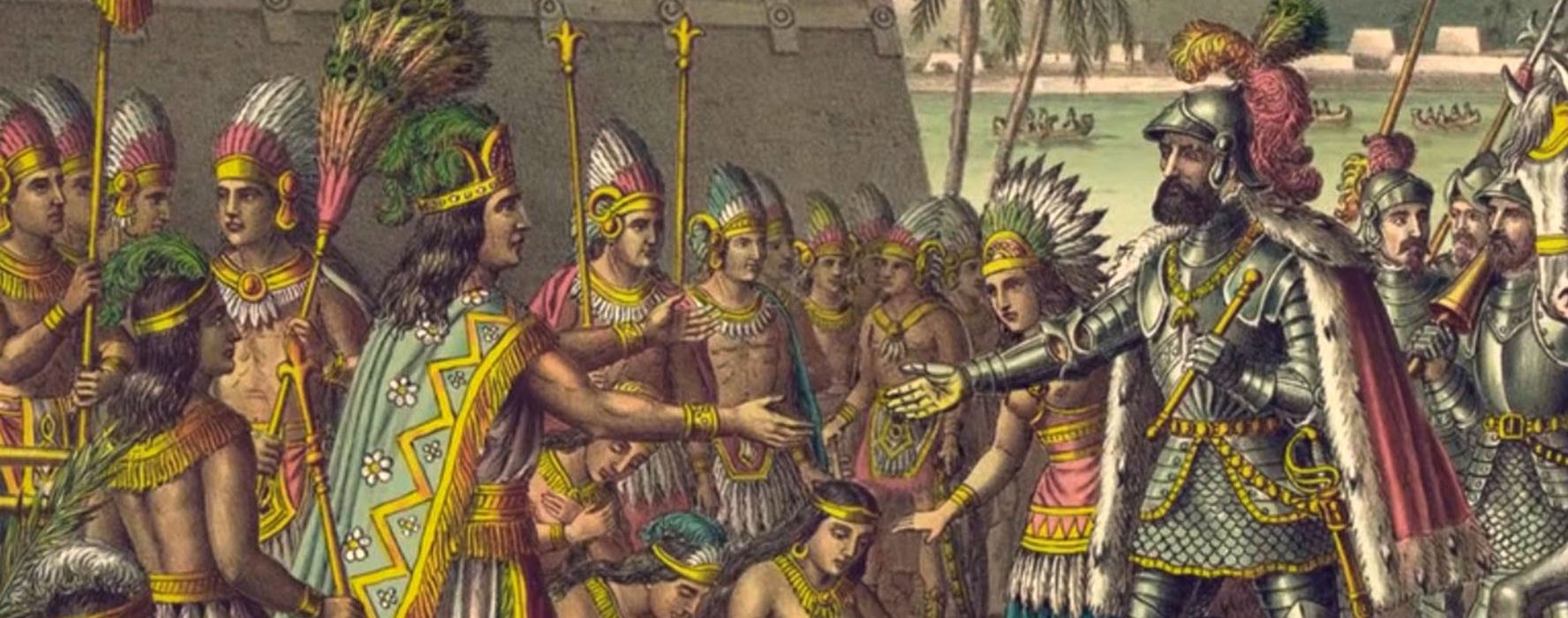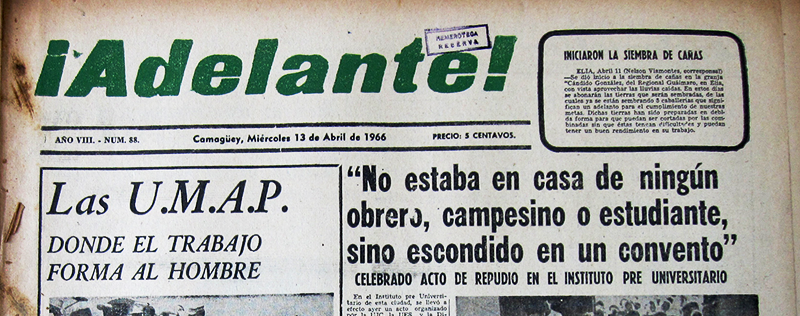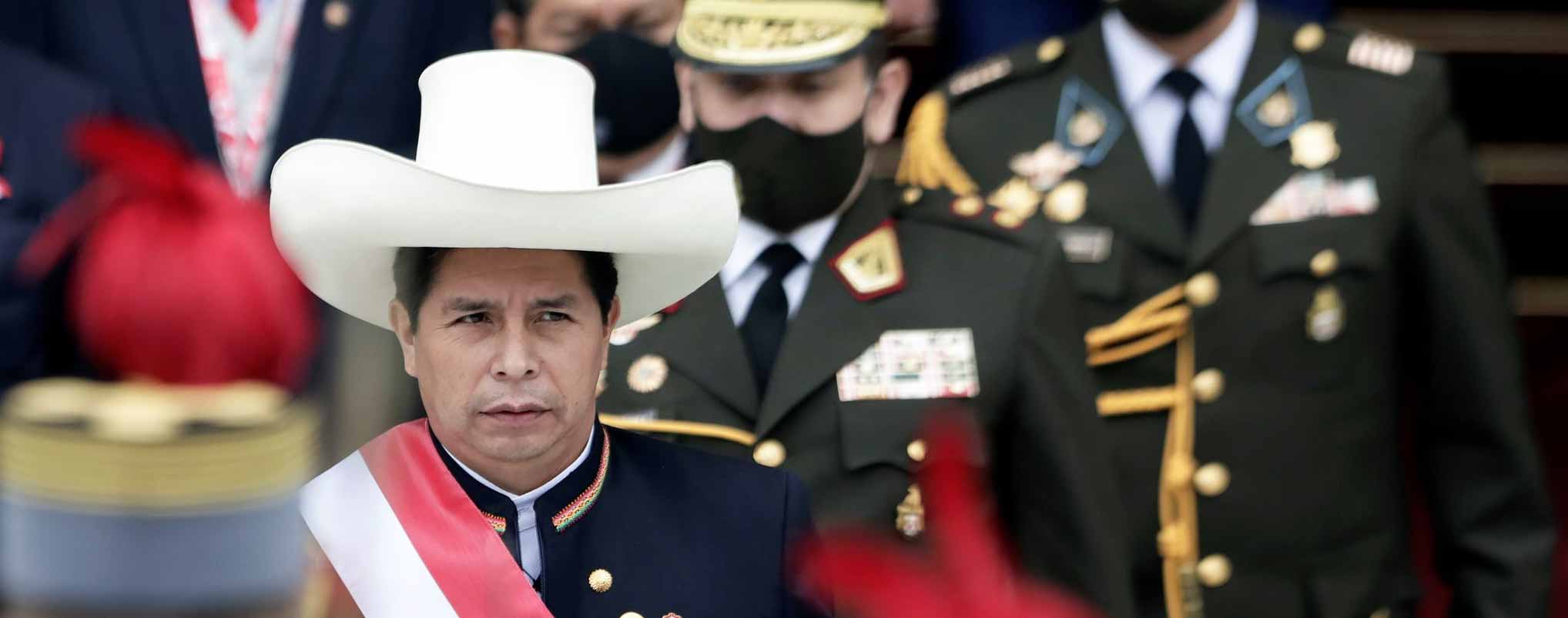Source:Club LD
Since the social-communist government came to power, no one has moved as far towards tyranny as Spain.
Much has been written about the regime founded by Hugo Chávez, but the grotesque aspects of the character are always highlighted, forgetting the fundamental issue: how he seized, almost from the beginning, absolute and apparently legal power. He won the elections in 1998, changed the Constitution by referendum in 1999, while tens of thousands died unattended in the Deslave de Vargas, arrived the year 2000 and stayed until he died. But how? The tenfold increase in the price of oil, which allowed him to create an addicted and subsidised social base, which, when the price of a barrel fell and Maduro arrived, he did not hesitate to machine-gun. There are also references to his personal charisma, based on a constant television presence and the good image that communists around the world, with Castro tainted by the mould of time, gave him. That is true, but how did he turn an almost exemplary democracy into a crass dictatorship?
In 2016 a little book of barely two hundred pages appeared, sponsored by the Interamerican Institute for Democracy in Miami. Its author is a prestigious Venezuelan lawyer, Carlos Ramírez López, and its title, “Leyes infames en Venezuela”, subtitled, more pedagogically, “Leyes habilitantes: apariencia de legalidad de una dictadura” (Enabling laws: the appearance of legality of a dictatorship, in English). It is the best synthesis I have read on the legal forging of a modern communist dictatorship against the law, clear even to legal laymen who have not lost that sense of justice without which the law is merely the province of phonies.
The foreword is by Carlos Sánchez Berzaín, whose article “Las leyes infames” in Diario de las Américas (11 November 2015) encouraged Ramírez López – who had previously published El fruto del árbol envenenado. La Constituyente como excusa para matar al Estado democrático – to simply explain this mechanism that led Venezuela from democracy to dictatorship and that can be activated in any other country, including ours. In fact, since the social-communist government came to power, no one has moved as far towards tyranny as Spain.
An enabling law is, or usually is, a temporary resource of cession of power granted by Parliament to the government to deal with an emergency situation, usually economic, or a natural disaster. However, in the Bolivarian Constitution that Chávez pushed through in 1999, during the Deslave de Vargas, enabling laws are defined in a deliberately vague, vague and nebulous way in Article 203:
Enabling laws are those sanctioned by the National Assembly by three-fifths of its members in order to establish the guidelines, purposes and framework of the matters delegated to the President of the Republic with the rank and value of law. The enabling laws must set the timeframe for their exercise.
Furthermore, Article 236.8 adds that one of the president’s powers is “to issue, prior authorisation by an enabling law, decrees with the force of law”.
Ramírez López points out that, although the dictatorial plan that guided Chávez and the Constituent Assembly was feared, at least an explanation of motives to change the laws at the root was expected. They did not even bother. To explain the Venezuelan singularity, the author guides us through European and American constitutions, and in none of them do the enabling laws grant the executive branch free reign to legislate as it pleases, like the Bolivarian one. But there is a clear precedent, which probably explains Pablo Iglesias’s admiration for Carl Schmitt, the jurist of the Third Reich. It is the enabling or full powers law that the German parliament granted Hitler in 1933, and on which he “legally” established his tyranny with blitzkrieg-like speed. It is entitled Law to Solve the Urgencies of the People and the Nation and reads:
The Reichstag (Government) has put into force the following law, which is proclaimed with the consent of the Reichsrat (Parliament), it having been established that the requirements for a constitutional amendment have been fulfilled:
Article 1: In addition to the procedure laid down by the Constitution, Reich laws may also be issued by the Reich Government. This includes the laws referred to in Articles 85.2 and 87 of the Constitution.
Article 2: Laws issued by the Reich Government may differ from the Constitution as long as they do not contradict the institutions of the Reichstag and the Reichsrat. The rights of the President remain unchanged.
Article 3: Laws issued by the Reich Government shall be promulgated by the Chancellor and published in the official Reich Gazette. Such laws shall come into effect on the day following publication unless a different date is indicated. Articles 68 to 77 of the Constitution do not apply to laws issued by the Reich Government.
Article 4: Treaties concluded by the Reich with foreign states which affect matters of Reich legislation do not require the approval of the legislative chambers. The Reich Government shall enact the necessary rules for the execution of such treaties.
Article 5: This law comes into force on the day of its publication. It ceases to be in force on 1 April 1937 or if the present Reich Government is replaced by another.
Thus the Nazi dictatorship was born: the Legislature ceded to the Executive – for four years, to begin with – the enactment of laws, and relinquished oversight of agreements with foreign countries that might be warmongering. And warmongering they were. Chávez and Maduro based their “legality” not on a single one, but on a succession of six enabling laws and more than three hundred decree-laws that developed them, with no exceptional situation to justify them.
Eleven years and several enabling laws later, there was the episode in which Chávez, during the recording of his TV programme Aló, Presidente, appeared in the Plaza Bolívar, hand in hand with his daughter and at the side of Jorge Rodríguez, Delcy’s brother, then mayor of Caracas, and a crowd of noisy supporters behind him. One of the houses in which Simón Bolívar had lived was still standing in the square, and Chávez asks: “What is that building?” Jorge mumbles, chagrined, that “they are buildings that have commercial premises”, and at such a horribly exploitative term, the Red Gorilla exhales: “Exprópiese!”. He likes to hear himself heard, and repeats the same formula with several buildings, because just as the elephant is happy trumpeting and the hyena is happy laughing, the communist enjoys expropriating, that is, stealing, because he does not intend to pay the owner for what he appropriates. The expropriation orgy lasted ten minutes and we have all seen it on television. What we didn’t know or ask is what happened afterwards to those shops and traders.
Carlos Ramírez tells us: 91 shops, dedicated to jewellery and other products that have always been found in that square, closed. 600 workers were left without jobs. A year later, the square was not the “historic centre” that Chávez announced, but a dirty, abandoned dunghill. There were more than two thousand expropriations of this kind, arbitrary, ruinous, enabled by laws that only enabled corruption and despotism. Whether houses or farms, businesses or factories, everything could be expropriated, that is, appropriated by the Bolivarian communist caste, the most corrupt in the world.
It didn’t matter that its own Constitution guaranteed the right to property in its articles 115 and 116. Legal instruments were improvised that disqualified the Constitution, such as the Law of Expropriation for Reasons of Public and Social Utility (37.475 of July 1, 2002), the decree-law against hoarding and, of course, the Law of Fair Prices that every revolutionary who despises the welfare of the people in exchange for the enjoyment of such talk has dreamed of since before and after Lenin. The Bolivarian Economic Cheka is called the National Superintendence for the Defence of Socio-Economic Rights, familiarly known as “la Sundde”. And it makes the owners, suspects; the legalists, maggots; and every opponent, a vile leech in the service of Yankee imperialism. I have read many books on the Venezuelan disaster, but few have given me such a sense of grief and indignation as that of Ramírez López.
Text extracted from La vuelta del comunismo, by Federico Jiménez Losantos.
Share this article
On This Day
- 1648 Pedro II of Portugal is born.
History of Spain
26 August 2020
27 January 2021
Communism: Now and Then
23 December 2022
28 July 2021
